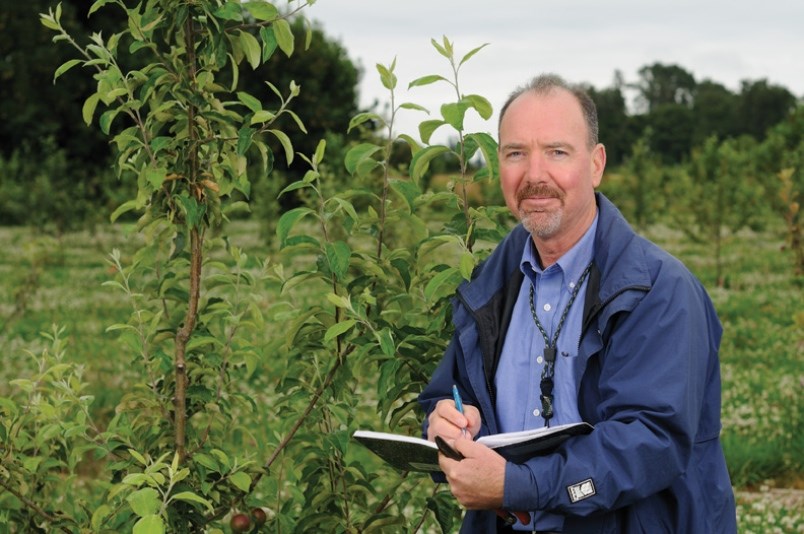A global, neoliberal food network and speculative “land banks” are threatening food security for British Columbians, according to researchers at Kwantlen Polytechnic University (KPU).
Possible policy reforms they’ve outlined in a newly-published white paper aimed at staving off a potential food crisis in B.C. include:
- Foreign ownership restrictions,
- Transparent oversight of farmland sales,
- Restructuring tax credit and leasing regulations,
- Strategic zoning aimed at curbing speculative behaviour in the Agricultural Land Reserve (ALR).
It is argued these reforms, postulated by Richmond’s Institute for Sustainable Food Systems (ISFS) at KPU, will counter a potential food shortage, particularly considering less than five per cent of land is suitable for farming, and of that only 50 per cent is under production, according to the authors of Protection is not Enough: Policy Precedents to Increase the Agricultural Use of British Columbia’s Farmland.
Such reforms aim to increase new farmers’ access to farmland at more reasonable prices. This will, in turn, provide for more productive land and a better regional food system that accounts for environmental and social costs that are typically “externalized” by mass free trade-oriented agriculture, as contended by institute director Dr. Kent Mullinix.
B.C. farmland most at threat to speculation is along the urban-rural interface in Metro Vancouver and the report cites a recent sale in Richmond, whereby an eight hectare (20 acre) ALR property sold in late 2017 for $9.2 million, over 100 times its assessed value.
Part of the problem is small land parcels that are attractive to development. In Richmond, for instance, small farm lots were created after the war era for returning soldiers. It is suggested governments form public land banks or help establish land trusts from these parcels, however the costs would be high.
Meanwhile, large homes is another issue tackled by the paper.
“It seems apparent that in the Lower Mainland, farmland is being promoted for its investment value and development potential. Municipalities that allow very large residential buildings on farmland, or do not regulate the footprint of residential uses commensurate with urban/suburban areas, may be particularly attractive to speculators and investors,” notes KPU.
The paper suggests examining farmland ownership restrictions that target foreign and domestic speculators, including corporations and pension funds intent on buying “land banks.”
Concurrently, loopholes such as beneficial ownership agreements and corporations masking the true nature of ownership must be addressed by the provincial government.
Tax policies were also targeted as opportunities to encourage farming in the ALR. Presently, a 2-10 acre lot can achieve an average property tax savings in Metro Vancouver of $7,088 by declaring only $2,500 of gross farm income, which “has been characterized as easily achieved.”
The paper suggests increasing the income threshold and establishing a multi-tier system that awards greater benefits to more profitable/productive farms.
Other measures proposed are a farmland conversion tax, which would penalize rezoning ALR land to non-farm use, and farm income tax relief.
As well, an “agricultural enterprise zone” is seen as a way to promote farming viability. This zone would be at or near the urban-rural divide, such as in Richmond, and encourage the co-location of critical farm-related businesses such as processing and storage facilities.
And if new farmers cannot afford to buy farmland, then governments should establish lease regulations that promote long-term land access.
Short-term leases, according to the paper, discourage farmers from investing in farmland improvements, or utilizing more costly stewardship practices that promote long-term soil and ecosystem health. Short-term leases can also jeopardize a farmer’s ability to secure a bank loan.



